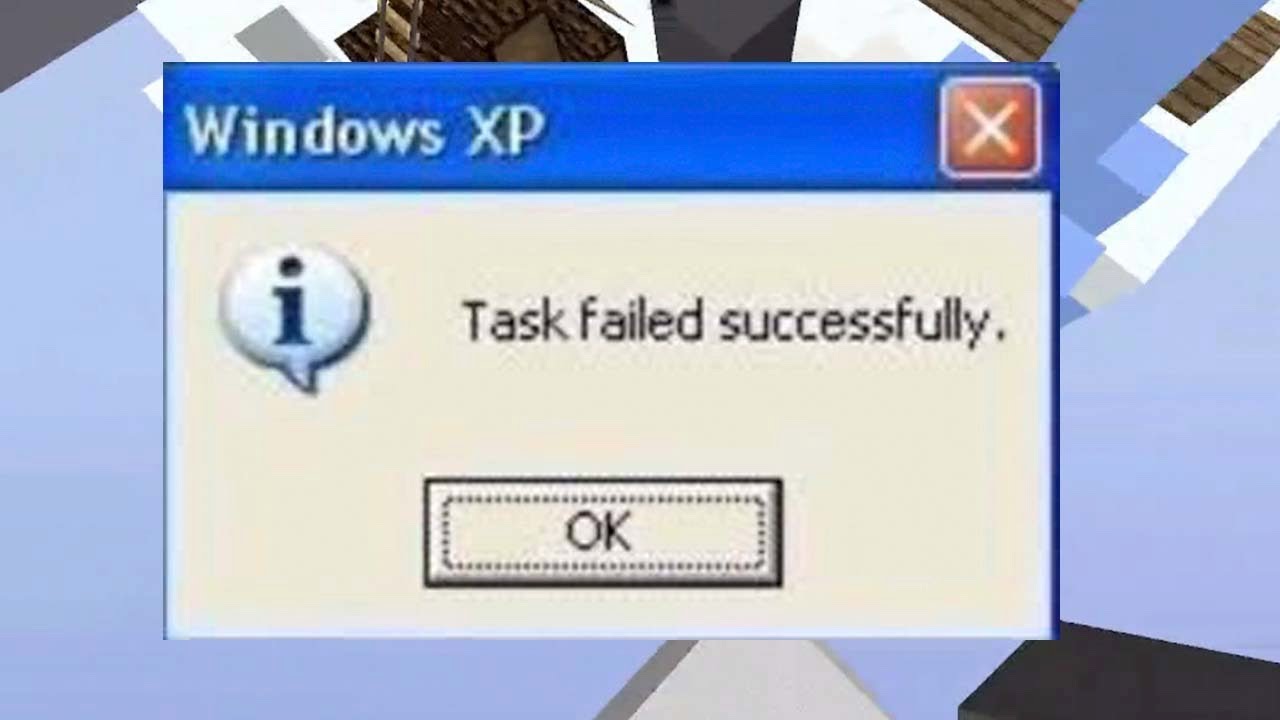Work ethics: how to leave a company properly
05 Jan 2022
[You can read Uzbek version here]

At some point during our career, we all at least once have to send out that resignation letter. It could be for various reasons such as moving to another company, retiring, or starting your own business pursuit. No matter what the reason is, offboarding your team successfully is as important as onboarding it so. Some, I hope not most, will ask why would you want to make an extra effort on that? The reason is the same reason why you throw that used napkin in the trash bin. It is about being a good person in general and being a good professional in this case.
Writing all these I feel a bit guilty because personally, I am not a perfect example of the behavior/professionalism I am about to describe. But, hey I am trying to get there :P
Alright, let’s dive in then…
First things first — giving notice. The important thing about giving notice is giving it as early as possible. Even earlier than you are contractually obliged to. This helps your team to recover from the potential loss of you easier by having enough time to transfer knowledge/responsibility and hire a replacement. In my opinion, it is best to inform people at the company about your plans in the following order: your manager, then HR, and then team members. Be thankful, empathetic, and positive in your communication.
Keeping up your performance during the notice period is important. Don’t be that guy who did nothing the last month at work. However, doing so can be tricky because you no longer have long-term goals in the company and any sign of underperformance can easily be seen as a result of you leaving soon.
During your notice period, you are rightly not given any big responsibility and you should not take an important role in a new feature development or release. Instead, your sole focus should be on offboarding activities. Measure your performance by how much documentation is written and how much knowledge/responsibility is transferred by you.
Maintaining solid relationships with your teammates is something you should always be doing. But, to extend that relationship beyond the current company it is important you are somehow connected to them outside your company’s internal communication. The best way is of course to get connected with them on LinkedIn and in similar professional networks.
During the exit interview, be prepared to answer questions like “What are your reasons for leaving?”, “What did you not like about working at the company?”, and “What can we do better in the future?”. While it is helpful for the company that you give some negative feedback, it is absolutely okay not to if you are not comfortable about it. Personally, I try to give constructive negative feedback if I think they can do something about it.
During offboarding, it is important that you actively seek out people to take over your responsibilities. Don’t just assume the next unlucky person will take over your work after you had left. Find teammembers who would be interested in your responsibilities and make it very easy for them to continue your work by documenting information and providing knowledge transfer sessions at their convenient time.
Last but not least is to update your resume. It is very easy to forget it as you probably already landed a job just recently and don’t feel the need to. The bad thing about this is that you will forget most details the next time you need to update your resume, which could be in many years. So, spare 30 minutes of your time to update your resume while things are fresh in your head.
That is all for this article. Now that you have read it, show them how offboarding is done the next time you are fired… oops I mean the next time you quit your job :P
Be good out there :)